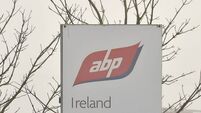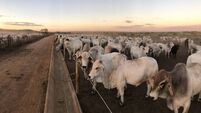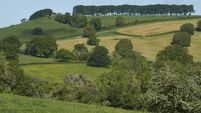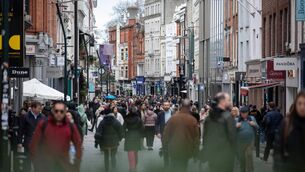Can the EU soothe farmers’ anger as protests keep spreading?
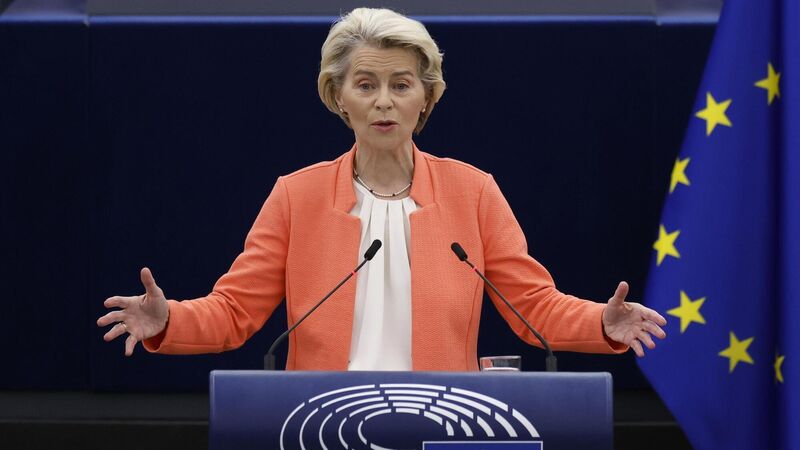
European Commission President Ursula von der Leyen.
In her State of the Union address last September, European Commission President Ursula von der Leyen promised a "strategic dialogue" with EU farmers.
At the time, she called for “more dialogue and less polarisation” in the political debate on food systems.
CLIMATE & SUSTAINABILITY HUB




